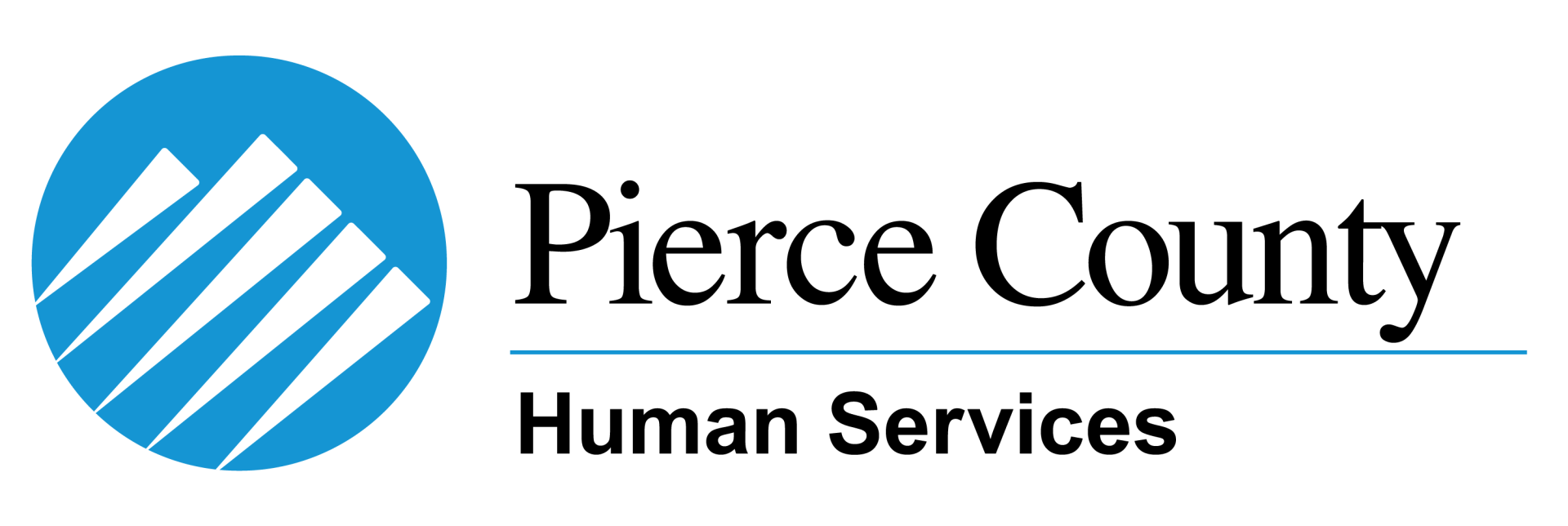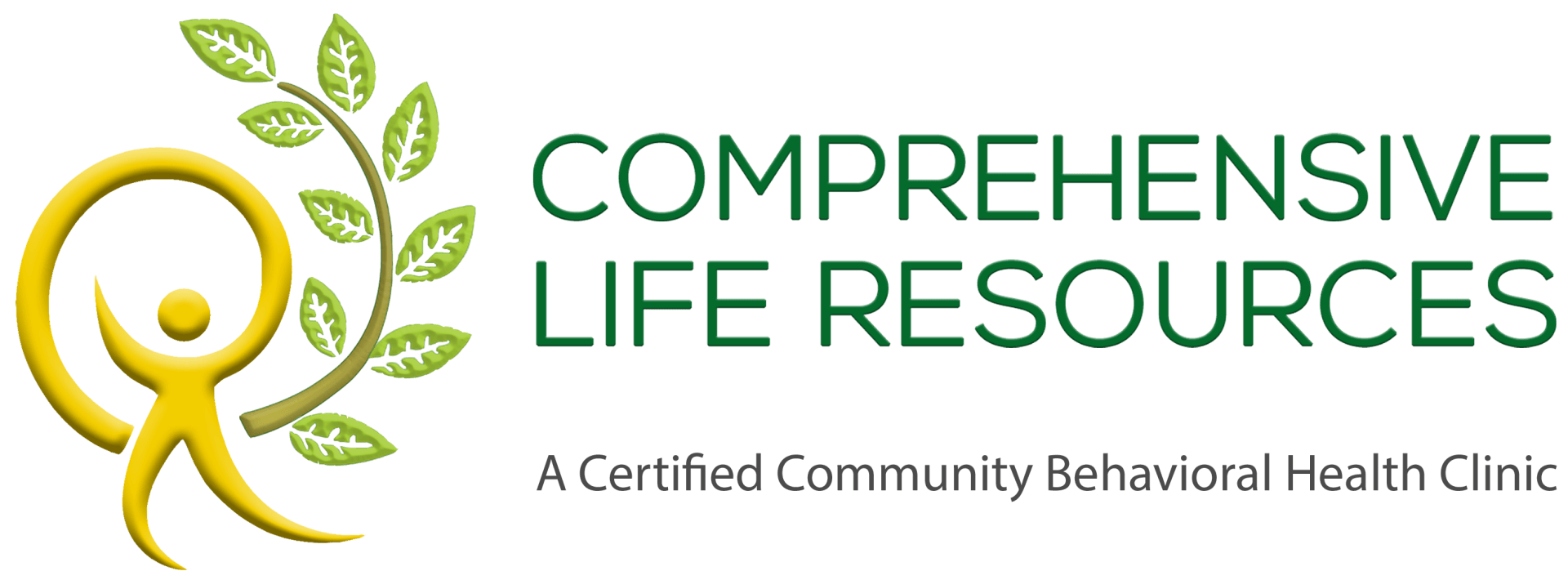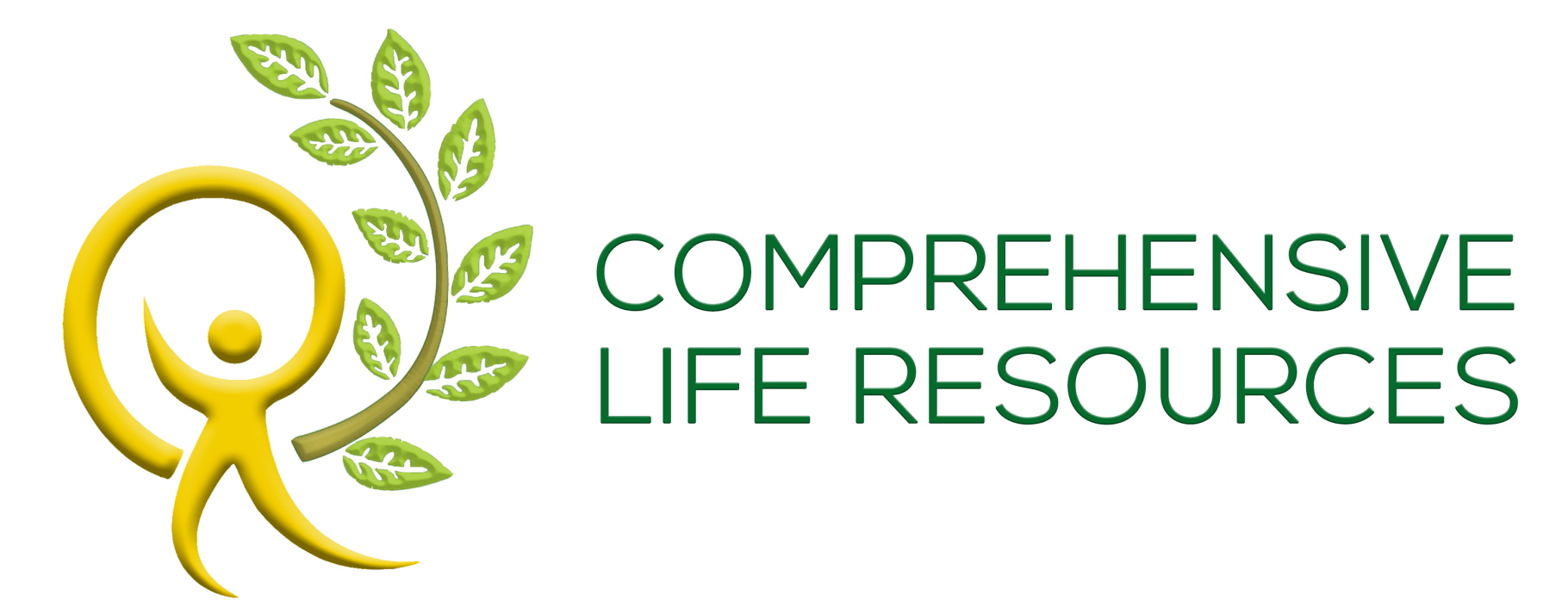OUTREACH SERVICES - ADULTS & YOUNG ADULTS
Mobile Community Intervention Response Team (MCIRT)
MCIRT is a therapeutic, community-based system designed to reduce the demand on 911, emergency rooms, and other crisis services. For every $1 spent on MCIRT, $23 is saved in diverted healthcare costs.
MCIRT provides services in all areas of Pierce County, with the exception of City of Tacoma (although will take referrals case by case).
The team works with individuals in the community to identify immediate needs, provide stabilizing services and connect to long-term resources. It is designed to be a low barrier program that addresses the client’s overall well-being from a whole health perspective.
MCIRT fills gaps in medical care:
- There is an increased reliance on technology, which is challenging for a population with cognitive decline and undeveloped tech skills - we provide support for them
- Emergency medical system overwhelmed due to substandard or unavailable services for medically fragile people
Some of the our client experiences include:
- Multi-generational households living under one roof
- Growing geriatric populations with food insecurity, lack of access to medical care, affordable housing, or substandard housing issues
- Surge in alcohol abuse, depression and suicidality in the geriatric community
- Severe drug addiction with those experiencing mental illness
Our goal is to provide services that help reduce these experiences and work with clients so to obtain a stable and safe environment.
The MCIRT program is funded in part by:

Outreach
Through a variety of local, state and federally funded programs, the Homeless Outreach team works to provide resources and tools to supported the unhoused community in Pierce County.
Homeless Outreach Referral Information
Referral Line: 253.396.5065
Email homelessoutreach@cmhshare.org
Forensic HARPS is a state-funded program that emerged from the Trueblood v. DSHS lawsuit which challenged unconstitutional delays in competency evaluation and restoration services for people detained in city and county jails. The Trueblood Contempt Settlement Agreement establishes a plan for providing services to persons involved in the criminal court system and for providing treatment to people when needed so they are less likely to become involved in the criminal court system. The Forensic HARPS program addresses the barriers to seeking services while people are experiencing homelessness through residential supports that connect individuals with housing. Participants are provided peer support and subsidies for costs such as application fees, security deposits, and up to a few months of rent vouchers while individuals are helped with finding more permanent housing support.
Contact
CORE (Counseling and Outreach for Recovery and Empowerment) - The Pierce County Behavioral Health Shelter grant, served by the CORE team at CLR, allows counseling services to those experiencing homelessness as well as those recently housed. This is a low-barrier service that impacts the underserved as well as those who may have worries or concerns with traditional community mental health. The team serves clients in shelters, supported housing sites, encampments, tiny home sites, as well as supporting CLR’s outreach walk ins and community referrals.
Projects of Assistance Transitioning from Homelessness (PATH) is a federally funded outreach program for individuals with severe and persistent mental illness who are homeless. This program is also available to those persons with co-occurring substance use disorders.
We also offer HUD-subsidized housing for adults with serious mental illness. These services are integrated with our other counseling, case management and community support services designed to assist individuals to locate, secure and maintain permanent, independent housing which is safe and secure.
Peer PATHFinder (PFF) is a state-funded program to provide substance use disorder peer recovery support in emergency rooms and homeless encampments. The project links individuals to treatment options to include medication for opioid use disorder.
Supportive Housing
Foundational Community Supports (FCS) promotes self-sufficiency and recovery by helping people on Medicaid benefits find and maintain stable housing and employment.
Supportive housing services help individuals get and keep community housing. To be eligible, participants must be 18 or older and Medicaid eligible, and meet at least one of the following assessed health needs-based criteria and at least one risk factor:
Assessed health needs-based criteria (must meet at least one):
- Mental health need where there is need for improvement, stabilization or prevention of deterioration of functioning resulting from the presence of a mental illness
- Need for outpatient substance use disorder (SUD) treatment
- Need for assistance with three or more activities of daily living (ADL) receiving long-term care services
- Need for hands-on assistance with one or more activities of daily living
- Complex physical health need, which is a long continuing or indefinite physical condition requiring improvement, stabilization or prevention of deterioration of functioning (including the ability to live independently without support)
Risk factors (must meet at least one):
- Homeless for at least 12 months or homeless on at least four separate occasions in the last three years (combined to equal at least 12 months)
- Two or more contacts in the past 12 months or 90 or more consecutive days within an institutional setting
- Two or more adult residential care stays within the past 12 months
- Frequent turnover of in-home caregivers
- Predictive Risk Intelligence System (PRISM) score of 1.5 or above
Supported Employment
Supported employment services help individuals with barriers to employment get and keep a job. To be eligible, participants must be 16 or older and Medicaid eligible, and meet at least one of the following assessed health needs-based criteria and at least one risk factor:
Assessed health needs-based criteria (must meet at least one):
- Mental health need for improvement, stabilization or prevention of deterioration of functioning resulting from the presence of a mental illness
- Need for outpatient SUD treatment
- Need for assistance with three or more activities of daily living (ADL) or need for hands-on assistance with one or more ADL
- Objective evidence of physical impairments, and because of this, the individual needs assistance with basic work-related activities
Risk factors (must meet at least one):
- Unable to be gainfully employed for at least 90 consecutive days due to a mental or physical impairment
- SUD with repeated treatment episodes
- Diagnosed mental health and/or SUD that is at risk of deteriorating without intervention
- An inability to obtain or maintain employment resulting from age, physical disability or traumatic brain injury

